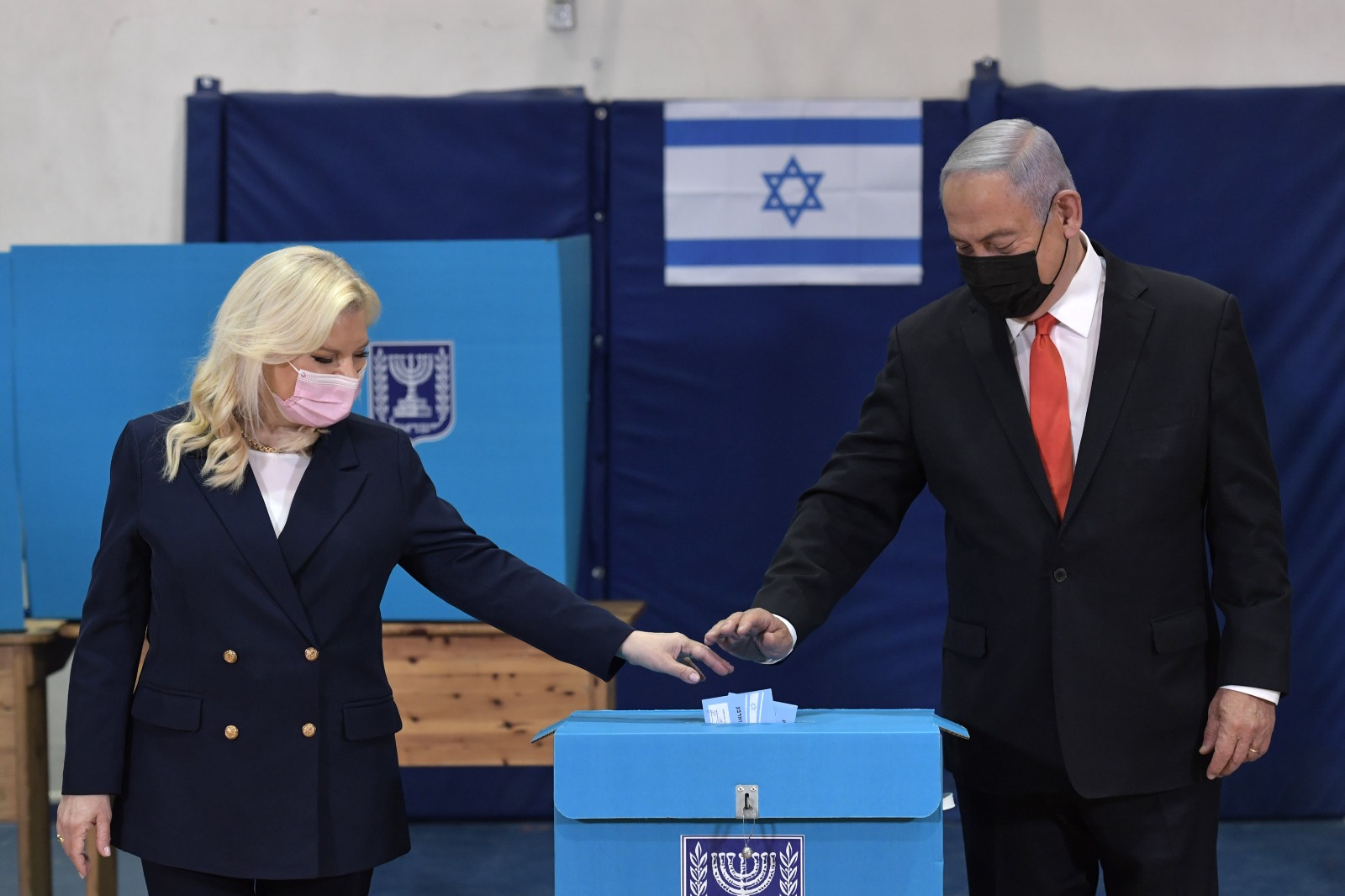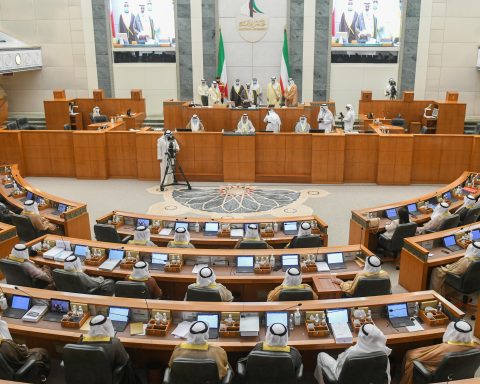On 23 March, Israel underwent its fourth legislative snap election in the past two years, where none of the factions present achieved in obtaining a majority to acquire power. According to a final vote count released on Thursday, Prime Minister Benjamin Netanyahu and his right-wing allies captured a total of 52 seats in the Knesset, and the opposing coalition led by Yesh Atid-Telem’s Yair Lapid managed to obtain 57 seats, with 61 votes needed to form a majority. Furthermore, the election turnout stood at 67.4 percent, the lowest percentage witnessed since 2009. Only two parties in the elections have not committed to either coalition within the elections: the right-wing Yamina led by Naftali Bennett and the pro-Arab Ra’am Party led by Mansour Abbas, both of which seem unlikely to side with either the pro-Netanyahu and anti-Netanyahu bloc due to the deep divisions in both coalitions, making it difficult for either side to secure a majority with them.
There are many reasons why legislative elections have been plentiful in Israel in the past two years. The political crisis in Israel began after the April 2019 legislative elections, where the Blue and White faction, led by Benny Gantz, conceded the election, which opened a path for incumbent Prime Minister Benjamin Netanyahu to start talks with other parties to form a coalition to govern the country. After a month of enduring talks, the Israeli PM failed to lead to a vote in the Knesset resulting in a 74 to 45 scenario in favor of dispersing the parliament, with the new elections scheduled to take place on 17 September 2019. A second election was held then, with Gantz’s Blue and White overcoming Likud by a single seat, though none of the sides again could not obtain a majority. Consequently, President Reuven Rivlin passed the mandate to both leaders and the Knesset itself who all failed to gain support for a coalition, leading to a third planned for March 2020. During the third election, Netanyahu’s Likud gained more seats than Blue and White, though Gantz gained more recommendations from the Knesset, thus receiving the mandate from the president. After a constitutional crisis emerged, Gantz was sworn in as the Knesset Speaker resulting in a split in the Blue and White Party, which later agreed with Likud on a unity government. However, the government coalition collapsed yet again, following a failed budgetary vote in December 2020, which has led to the subsequent elections this month.
In the aftermath of the legislative elections last week, all eyes have diverted towards the two neutral parties of Yamina and Ra’am, which could potentially lead to the achievement of a majority for either bloc of Israeli politics. An analysis by Yolande Knell, BBC’s Middle East correspondent indicates that, based on the limited amount of movement from the results of previous elections, the voting results once again show how deeply divided politics in Israel are. On one hand, Mansour Abbas’ Ra’am Party, which had split from Joint List earlier this year partially due to Abbas’ statements on his openness towards working with Netanyahu to address the needs of Israel’s Arab population, announced on 24 March that he is open to talk with both sides of the spectrum and that his party is not ‘in anyone’s pocket’. Announcements from the far-right parties of Netanyahu’s bloc quickly rejected the possibility of this, sending a warning to the highly-disputed Prime Minister. On the other hand, like Abbas, Yamina’s Naftali Bennett made an announcement declaring his party would do what is best for Israel, consequently leaving open doors for both blocs to come and discuss possible agreements. Though, some have recalled Bennett’s difficult relationship with Netanyahu, who was the Prime Minister’s former protégé and defense minister between 2019 and 2020.
In the end, even though the results of the election are final, they are not yet official as they have yet to be formally presented to the country’s President Reuven Rivlin. A spokesperson for the central elections committee stated that the results will be presented to Rivlin this Wednesday. The outcome of the fourth legislative elections has set the stage for a long and enduring negotiation period between the different parties of the Israeli political spectrum. While there are possibilities for the formation of a coalition government, many political analysts expect this process to end in failure, leading to a fifth election to take place in the summer of this year.














